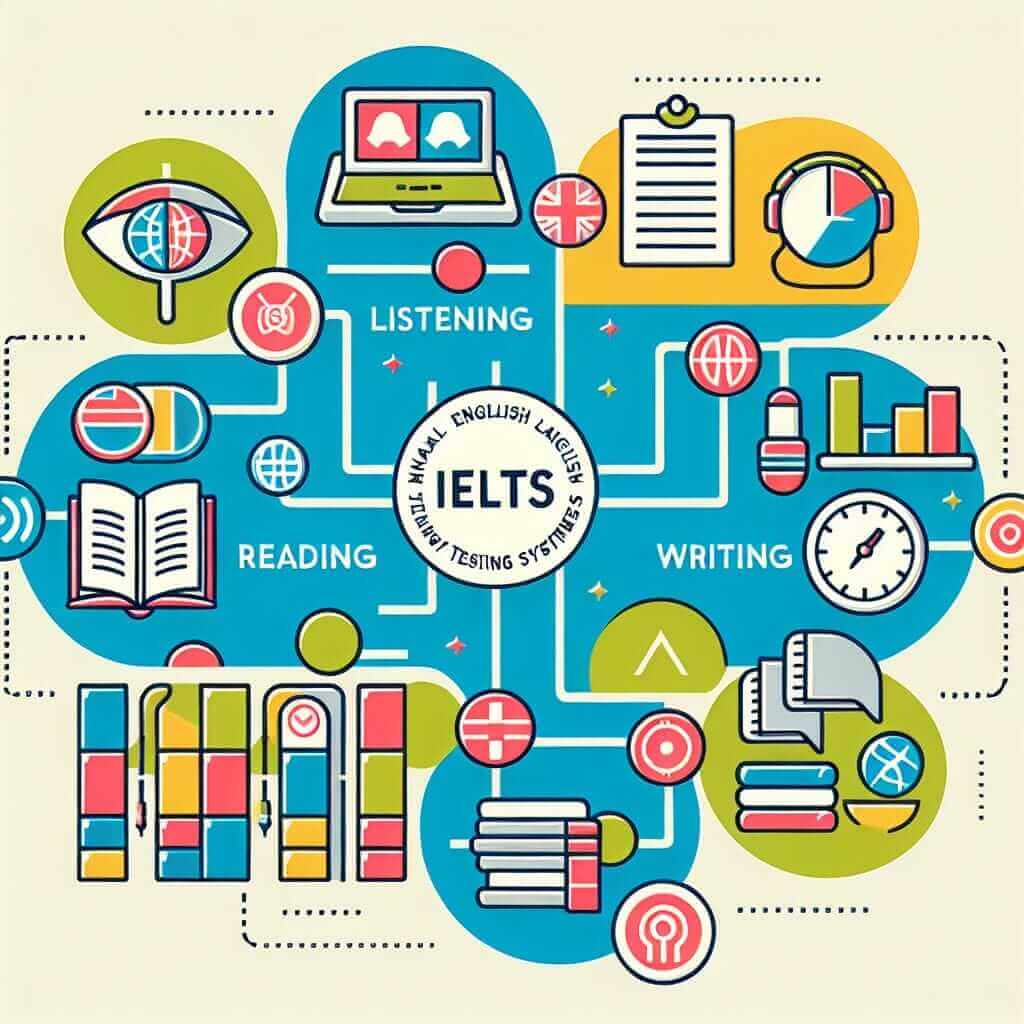As an IELTS instructor with over 20 years of experience, I’ve encountered countless individuals embarking on their journey to conquer the IELTS exam. Often, the first question that arises is, “What is the IELTS test?” This comprehensive guide aims to provide you with a thorough understanding of the IELTS exam, its purpose, format, and key components. Whether you are a student, a professional, or an educator, understanding the nuances of IELTS is crucial for success.
Understanding IELTS: Purpose and Significance
The International English Language Testing System, commonly known as IELTS, is a globally recognized English language proficiency test. Designed to assess the language abilities of non-native English speakers, IELTS serves as a gateway for those seeking to study, work, or migrate to countries where English is the primary language of communication.
Why is IELTS Important?
IELTS scores are trusted by over 11,000 organizations worldwide, including universities, colleges, employers, immigration authorities, and professional bodies. Achieving a desirable IELTS score demonstrates your ability to:
- Study in English-speaking environments: Many universities and educational institutions require a specific IELTS score for admission into their programs.
- Work abroad: Employers often use IELTS scores to evaluate the English language proficiency of potential candidates.
- Migrate to certain countries: Immigration authorities may require an IELTS score as part of the visa application process.
Deconstructing the IELTS Test: Format and Modules
The IELTS test comprises four modules: Listening, Reading, Writing, and Speaking. These modules assess your proficiency in various aspects of the English language.
Listening:
This module tests your ability to understand spoken English in various contexts, including everyday conversations, academic lectures, and social situations.
Reading:
The Reading module evaluates your comprehension skills through passages extracted from books, journals, newspapers, and online resources.
Writing:
This module assesses your ability to express yourself effectively in written English. You’ll be required to write different types of texts, such as essays, reports, and letters.
Speaking:
The Speaking module evaluates your fluency, pronunciation, vocabulary, and grammatical accuracy in spoken English through a face-to-face interview with a certified examiner.

IELTS Test Types: Academic vs. General Training
The IELTS test is available in two versions: Academic and General Training. The choice between the two depends on your individual goals.
IELTS Academic:
This version is intended for individuals planning to pursue undergraduate or postgraduate studies in an English-speaking country. It features academic reading and writing tasks.
IELTS General Training:
This version is suitable for those planning to migrate to an English-speaking country (e.g., Australia, Canada, New Zealand, the UK) or undertake work experience or training programs. It focuses on everyday English language skills.
Tips for IELTS Success: Preparation and Strategies
Preparing for the IELTS exam requires dedication, focused effort, and the right strategies. Here are some valuable tips to help you excel:
- Familiarize yourself with the test format: Understanding the test structure and question types is crucial.
- Practice regularly: Consistent practice using authentic IELTS materials is essential for improving your skills.
- Develop effective time management techniques: Each module has time constraints, so learn to allocate your time wisely.
- Enhance your vocabulary: A strong vocabulary is fundamental for achieving a high score.
- Seek feedback from experienced instructors: Constructive criticism can help you identify areas for improvement.
Conclusion: Embark on Your IELTS Journey with Confidence
The IELTS test, while challenging, is attainable with the right preparation and mindset. By understanding the test format, focusing on your language skills, and adopting effective strategies, you can confidently approach the exam and achieve your desired score. Remember, consistent effort and a positive attitude are key to unlocking your full potential.